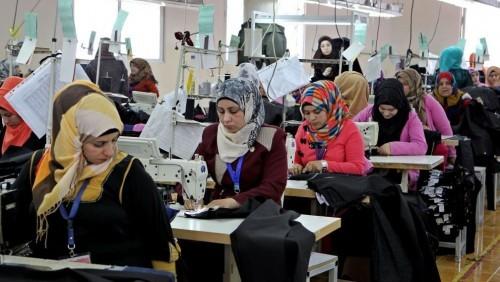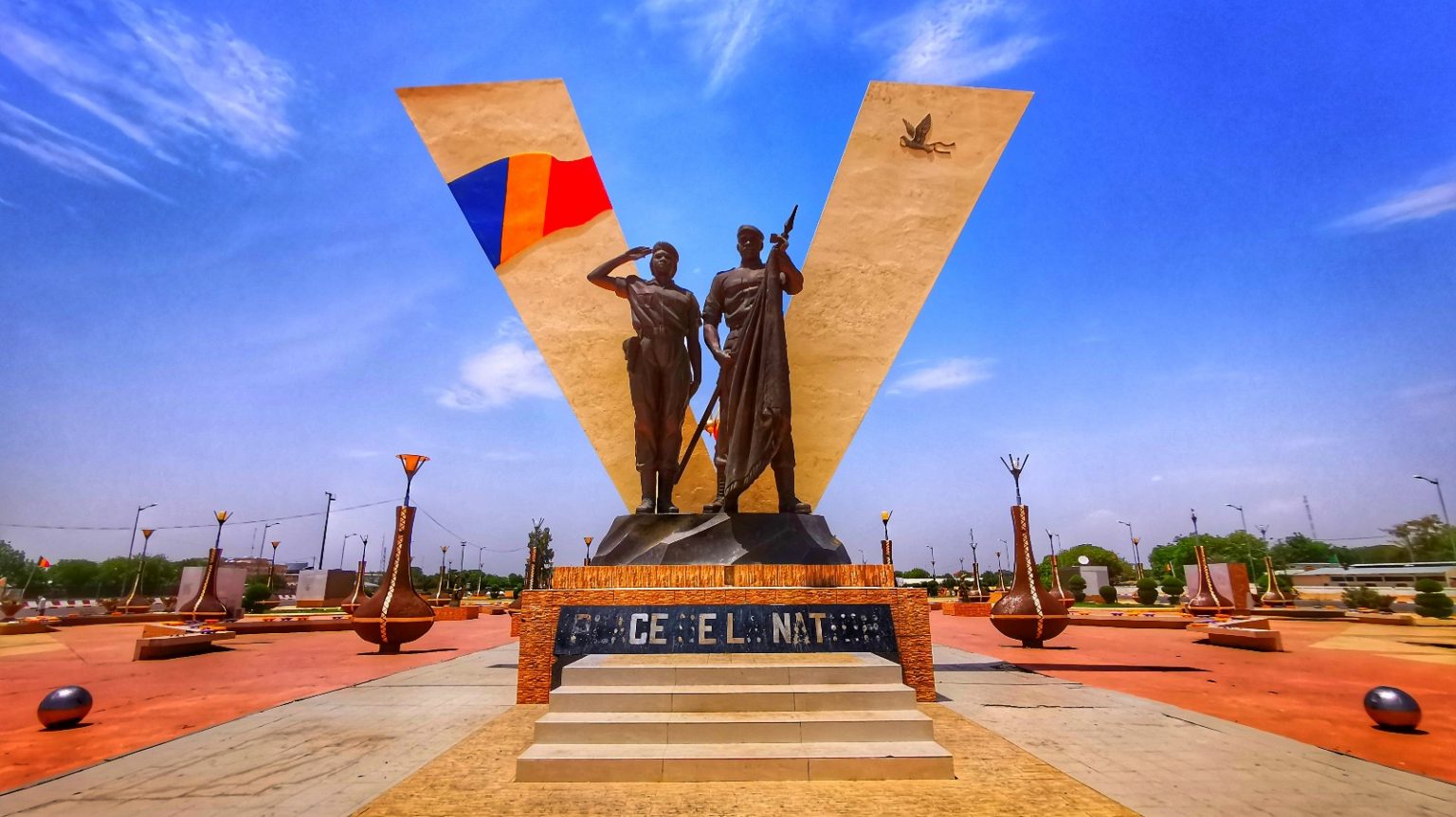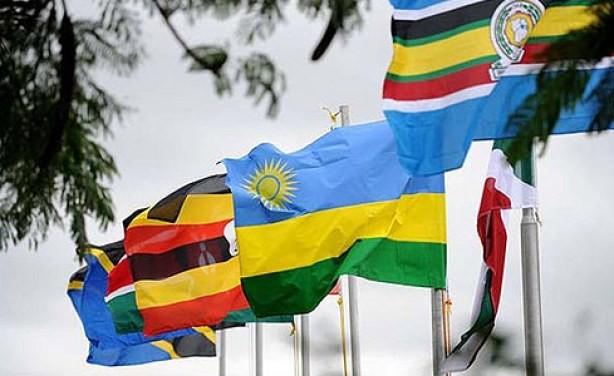- Dawood Al Shezawi: Why AIM Congress 2024 is the epicenter of global economic and cultural dialogues
- d.light’s 600,000 cookstoves project verified as top source of quality carbon credits
- Artificial intelligence (AI) could create a turning point for financial inclusion in Africa
- AIM Congress 2024: Catalysing global investments with awards
- Kenya’s economic resurgence in 2024
- The most stressful cities to live in 2024 exposed
- Tech ventures can now apply for the Africa Tech Summit London Investment Showcase
- State of journalism survey 2024 shows media houses are lagging in AI adoption
Author: Caroline Muriuki
The African Development Bank signed a senior loan of $400 million to co-finance the construction of Mozambique’s integrated Liquefied Natural Gas (LNG).
The Mozambique LNG Area 1 Project is ranked Africa’s single largest foreign direct investment to date estimated to cost over $20 billion. The project comprises of a global team of energy operators and developers led by ONGC Videsh Limited, Total alongside Mitsui, Bharat Petroleum, PTT Exploration, Oil India and ENH, Mozambique’s national oil and gas company.
The project includes both offshore and onshore components which will be covered by a combination of over $14 billion in senior debt facilities, equity and pre-completion cashflows. The senior debt facility consists of a mix of commercial bank loans, African development bank loan and Export Credit Agency (ECA) direct loans
LNG benefits from one of the world’s largest natural gas reserves off the coast of northern Mozambique. Its financial close is expected …
Partners of the Africa Investment Forum said the increased and decisive investment will be the channel for Africa’s economic recovery post-COVID-19.
The partners expressed their confidence in Africa’s potential to recover from the ongoing crises in the economy and health.
“Africa will come out of this pandemic, tough as it is, and will build better and stronger economies. As partners of the Africa Investment Forum, the premier investment platform for Africa, our gaze must be clear; help Africa reboot its economy,” said African Development Bank President Dr Akinwumi Adesina, during a two-day virtual meeting for Africa Investment Forum founding, institutional and knowledge partners.
During the virtual meeting, the Africa Investment Forum revealed 15 projects under its Unified COVID-19 Response identified across five sectors for priority funding consideration. The five sectors include energy, agriculture and agro-processing, health, ICT and telecoms and industrial and trade.
The 15 deals are from the forum’s …
The International Finance Corporation (IFC) is launching a new advisory program to improve women’s employment opportunities in Egypt.
IFC which is a member of the World Bank Group aims at highlighting how Egypt’s private sector companies can invest in the county’s large, underutilized female talent and spur economic growth.
In a statement by the corporation, IFC said the program will run for three years and will help create family-friendly, flexible workplaces to make Egyptian businesses more resilient, agile and inclusive, especially in times of crises.
In 2019, only 24 per cent of working-age women participated in Egypt’s labour market in 2019, compared to 75 per cent of men. If women and men participated equally, the country’s GDP could rise by 34 per cent.
“The participation of women is macro-critical, it is no longer lip service, all stakeholders from the public and private sector as well as IFIs are coming together …
The Executive Board of the International Monetary Fund (IMF) approved a disbursement under the Rapid Credit Facility (RCF) of about $69.49 million to Chad to address urgent balance of payment needs stemming from the COVID-19 pandemic.
This is the second funding in three months under RCF to address financing needs arising from the pandemic, which brings the country’s total IMF support since COVID -19 pandemic outbreak to $183.60 million. The board also confirmed the cancellation of the Extended Credit Facility (ECF) arrangement which was to expire end of September this year.
The IMF’s second RCF will provide timely support for the implementation of additional measures to address the COVID-19 crisis and lessen its severe impact. Chad’s authorities are also taking steps to ensure transparency and accountability in the use of COVID-related resources, including an ex-post audit of crisis-related spending and the publication of crisis-related procurement contracts.
The Chadian economy continues …
Since the Common Market Protocol was launched in 2010, trade between East African Community member states has increased by 60.75 per cent from $3.72 billion to $5.98 billion in 2018, the latest trade data show.
Despite non-tariff barriers (NTBs) continuously holding back the region’s potential, the Common Market Protocol has boosted trade in the region by easing the cross-border movement of goods and people.
The East Africa Community Trade and Investment Report shows that the value of intra-regional trade increased by 9.4 per cent to $5.98 billion in 2018 from $5.46 billion in 2017.
The growth was partly caused by EAC countries’ increased preference for trading with each other so as to counterbalance falling demand for the region’s products in European and US markets.
Also Read: Uganda, Rwanda record reduced trade flows
All EAC member states apart from Burundi recorded growth in trade with their regional counterparts, the report showed.…
Foreign Direct Investments (FDIs) in East Africa declined by 9 per cent to $7.8 billion in 2019, from $9 billion in 2018 shows the latest World Investment Report 2020 by the United Nations Conference on Trade and Development (Unctad).
This year there could be a sharp decline in FDIs as the COVID-19 pandemic continues to affect economies across the globe.
In 2019, Uganda’s foreign direct investments increased by 20 per cent to $1.3 billion due to the continued development of oil fields and an international pipeline. Also projects in agriculture, construction and manufacturing contributed to the increased in FDI.
Also Read: Angola set to attract more FDI into oil and gas sector
In Tanzania, FDI inflows didn’t change they remained at $1.1 billion. In Kenya, despite several new projects in information technology and healthcare FDI inflows dropped by 18 per cent to $1.3 billion compared with $1.6 billion in 2018.…
The World Bank approved an additional $15.2 to support Uganda’s effort to detect, prevent and respond to COVID-19 pandemic.
The funds will also go towards strengthening Uganda’s national systems for public health emergency preparedness under a new operation called the Uganda COVID19 Response and Emergency Preparedness Project.
The project is financed by an International Development Association (IDA) credit of $12.5 million and a grant of $2.7 million from the Pandemic Emergency Financing Facility.
The project aims at reducing the financial gap under the country’s COVID-19 Preparedness and Response Plan by boosting COVID prevention, detection, case management and the overall health system readiness.
The primary beneficiaries will be the infected persons, host communities and at-risk populations, medical and emergency personnel, refugees, medical and testing facilities and selected national health agencies.
“Uganda has built significant capacity in managing different pandemics over the years but the COVID-19 poses unique challenges. These funds will …
The pandemic has hit the agriculture sector hard with East Africa economies slowly shift from agriculture to services as the main GDP contributor.
Early this month, the African Development Bank highlighted the impact of the COVID-19 pandemic in Africa in its African Economic Outlook 2020 Supplement Amid Covid-19 report.
According to the bank’s report, agriculture’s contribution to the African region went down from an average of 33.4 per cent at the turn of the millennium to 28.3 per cent in 2018.
This was against an increase in the service sector whose contribution to GDP rose from 44.6 per cent in the early 2000s to 53.8 per cent in 2018. This can be seen in some African countries like Seychelles whose service sector contribution to GDP is at 80 per cent, Eritrea at 67 per cent, Kenya at 60 per cent and Rwanda at 47 per cent.
According to the International …
North Africa will face an economic contraction forecast between 0.8 and 2.3 per cent in 2020 according to the African Development Bank Economic Outlook 2020 report.
The report noted that the prerequisites for resilience and emerging from the crisis are social inclusion, Socioeconomic stability and human capital development.
According to the report, the services, tourism and industrial sectors which are the main economic contributors in North Africa are likely to be hardest hit by the pandemic.
Due to the pandemic, countries in the region implemented health and budget measures to curb the spread of the virus and protect their populations. This led to an economic slowdown due to disruptions in different sectors which led to large-scale socioeconomic consequences.
Restrictions being lifted in North Africa is raising uncertainty and suggests two distinct recovery scenarios, the first scenario based on a timeline for emerging from the crisis in July 2020 while the …
Digital technologies could quicken economy recovery that has been affected by COVID-19 pandemic, according to the World Bank’s latest Economic Update for Uganda.
The world bank focused on the digital economy this time around with their report titled ‘digital solutions in a time of crisis’.
The report noted that during this COVID -19 period there has been an increase of digital technologies such as mobile, digital disease surveillance and monitoring, on-line education, on-line shopping and dissemination of public health messages which showed great potential to support faster economic recovery and strengthen resilience against future crisis.
The World Bank country manager for Uganda, Tony Thompson said that the digital space in Uganda is very innovative and during this pandemic, it has quickly adapted to provide various solutions in various sectors.
He added that if the solutions are up-scaled and developed to their potential they would boost the digital economy in Uganda …













